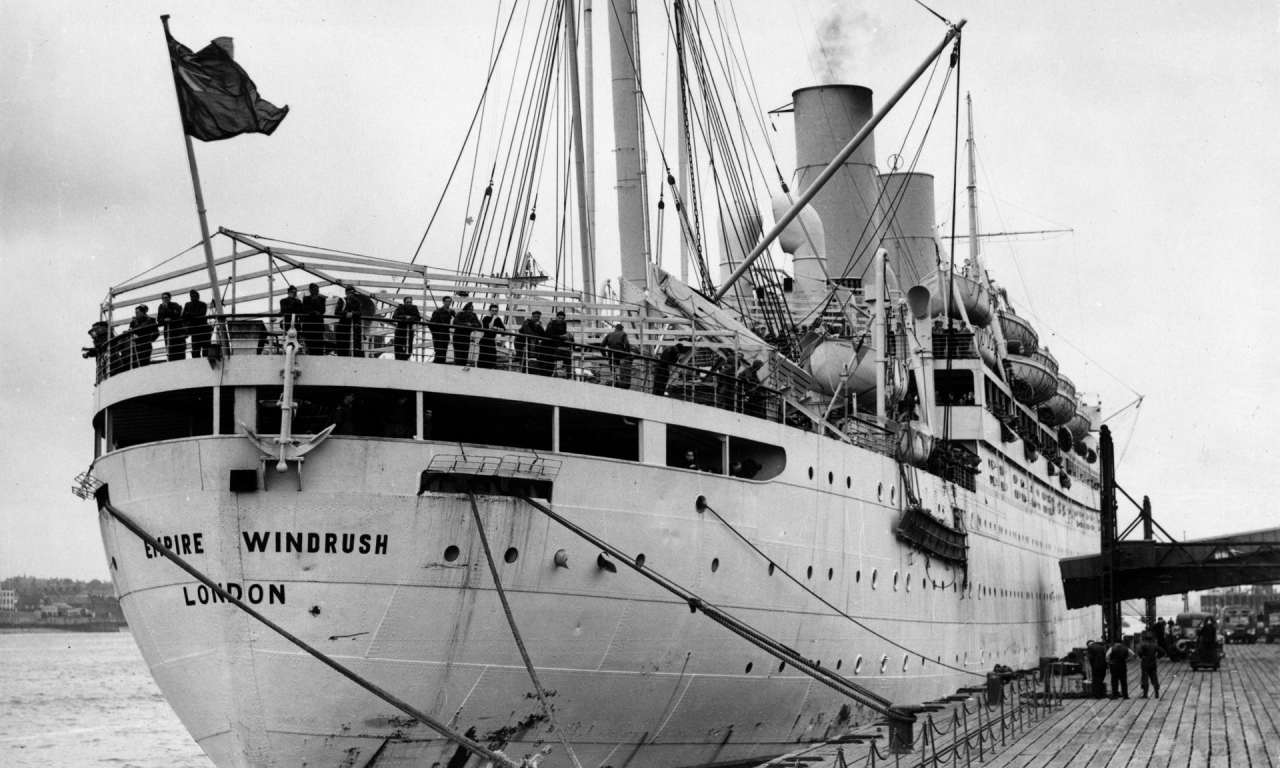As the Windrush scandal grips every news headline, Britain has been left in utter disbelief that our system has allowed such inhumane treatments to occur. From extreme cases of those denied cancer treatment, to those left homeless as a product of May’s ‘hostile immigration policy’, there is no shortage to the growing list of shame and horror. Despite the government’s promises to compensate for the distress caused to the scandal’s victims, I fear no amount of apologetic rhetoric or money can reverse the emotional and mental scars left upon the Windrush generation and its children. For May’s actions not only portray a lack of empathy towards the her victims but, more alarmingly, a lack of respect and regard that feels reminiscent of attitudes towards immigrants that plagued 1950s Britain.

As a second generation immigrant, my Fine Art practise at the University of Leeds seeks to navigate the notion of racially engineered spaces. The art specifically concerns my grandmother, Vera Couloute. Her encounters with racism after migrating to the UK from Saint Lucia in 1959 firmly place her within the Windrush Generation that dates from 1948-1973. Couloute spent the majority of her adult life cleaning the railway and working in hospitals in Rugby, where she endured daily racism. In a recent interview between Couloute and I, she recalls the racist jokes continuously made at her expense whilst working on the railway. She also recalls the racism she received working as a nursing assistant in a hospital. This was perhaps her most prominent recollection as to how difficult it was working within a space that socially rejected her, as she states:
“The sister took me to the ward and introduced me to an old woman sitting on her bed, she said, ‘Fluorine, that’s nurse Couloute, she will in the future be looking after you’. Then she stand up and she look at me, ‘oh she’s a mongrel’. Then, silly as I am, I did not know the meaning of the word. And from that day I say where I walk, we walk, black people, my colour, people will never have respect for us.”
The encounter demonstrates a first-hand account of a Windrush immigrant’s experiences with racism during the 1950s. The patient’s inability to perceive Couloute as a human being – which is initially misunderstood by a young Couloute, making the tale all the more difficult to digest – infers the attitudes in place towards Black immigrants at the time. Couloute’s acknowledgment that people “will never have respect for us” in reference to Black people in Britain in the 1950s is a sentiment that feels sadly reminiscent of Theresa May’s lack of respect and care towards individuals from ethnic minority backgrounds today.

However, I might also add that, whilst alluding to my grandmother’s experiences with racism, I became significantly aware of the institutionally racist structures that resonate within the very Fine Art school of which I am a part of. For example, it became distressingly obvious that the cleaner of the school, a Black Woman whom I know now to be an immigrant from Ghana through shadowing her, has, every morning for the past twelve years cleaned the floors walked upon by a majority white team of teaching staff, and, a majority white populated student body. Although Couloute’s experiences with racism differ in severity to that of the school’s current cleaner, the spaces Windrush generation migrants and its descendants occupy within institutions fifty years on is still problematic. This is largely concerning the lack of equal opportunities within institutions such as universities. Now we are also seeing an institutional failure on the government’s part to secure the safety of Windrush citizens within the conservative party’s strict immigration policies.
What is clear is that, despite liberal values and ideas of progression being preached on institutional levels, the current treatment of migrants is returning the UK to a post-war era. The Windrush generation are now reminded of the same disrespectful and ignorant attitudes that made their migration so emotionally traumatic. Theresa May cannot erase the damage she has caused through such an insensitive policy, shattering a sense of belonging within this country among the Windrush generation, belittling the very spaces they have occupied since 1948. Our resistance as a society to prevent the inhumane policies of the conservative party from prevailing is, however, something we must hold on to and remember in times that threaten the humanity of others.
Hannah Marsh
Cover Photo Image: everlivingroots.wordpress.com

